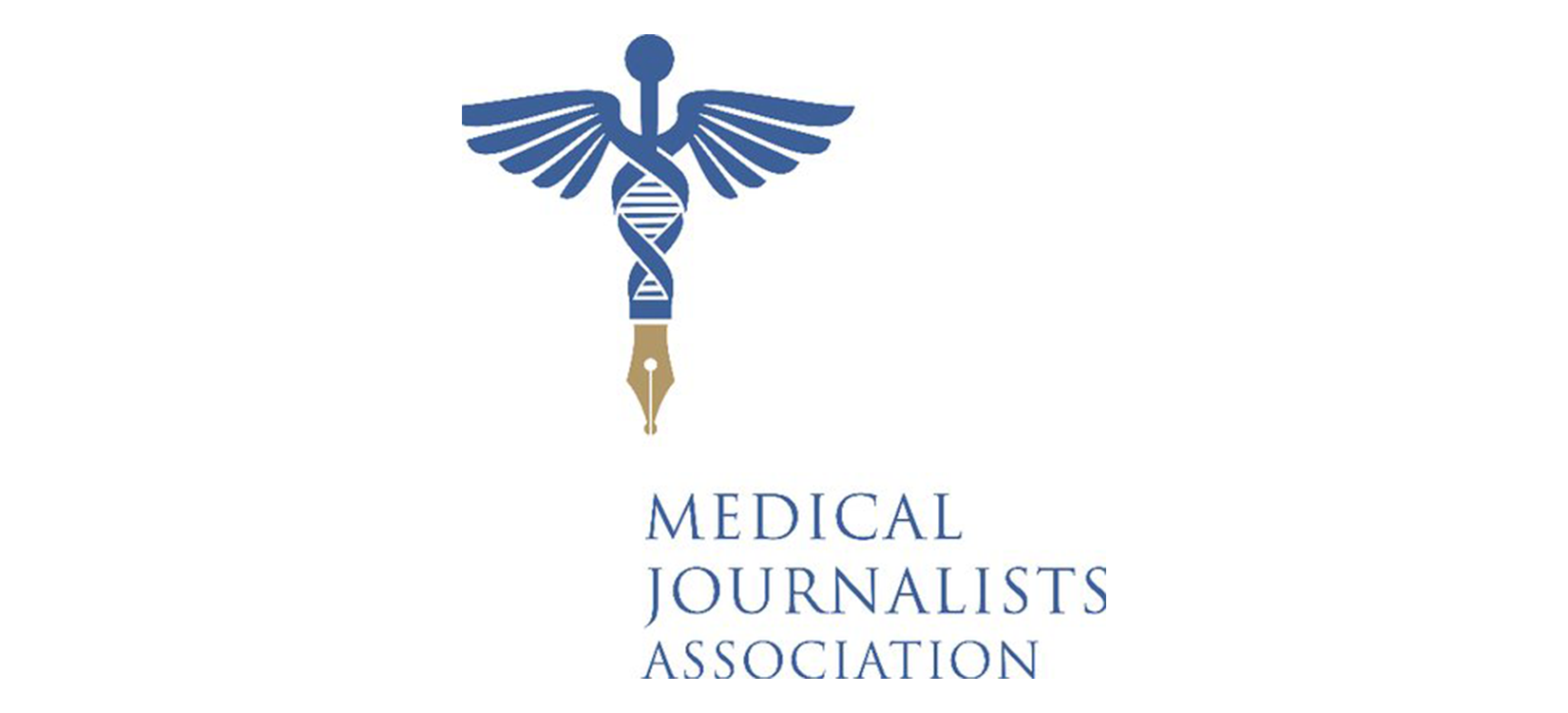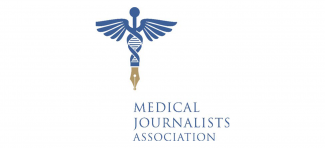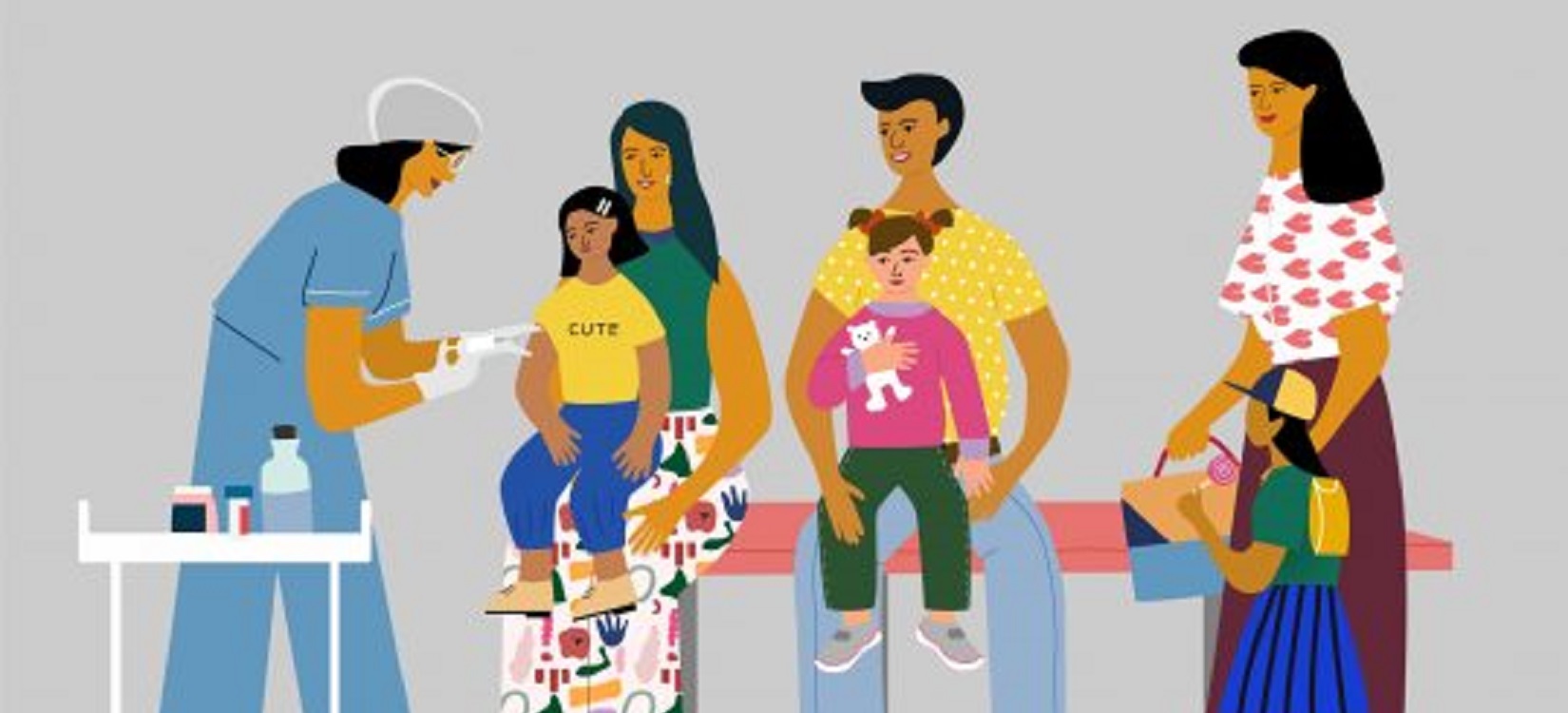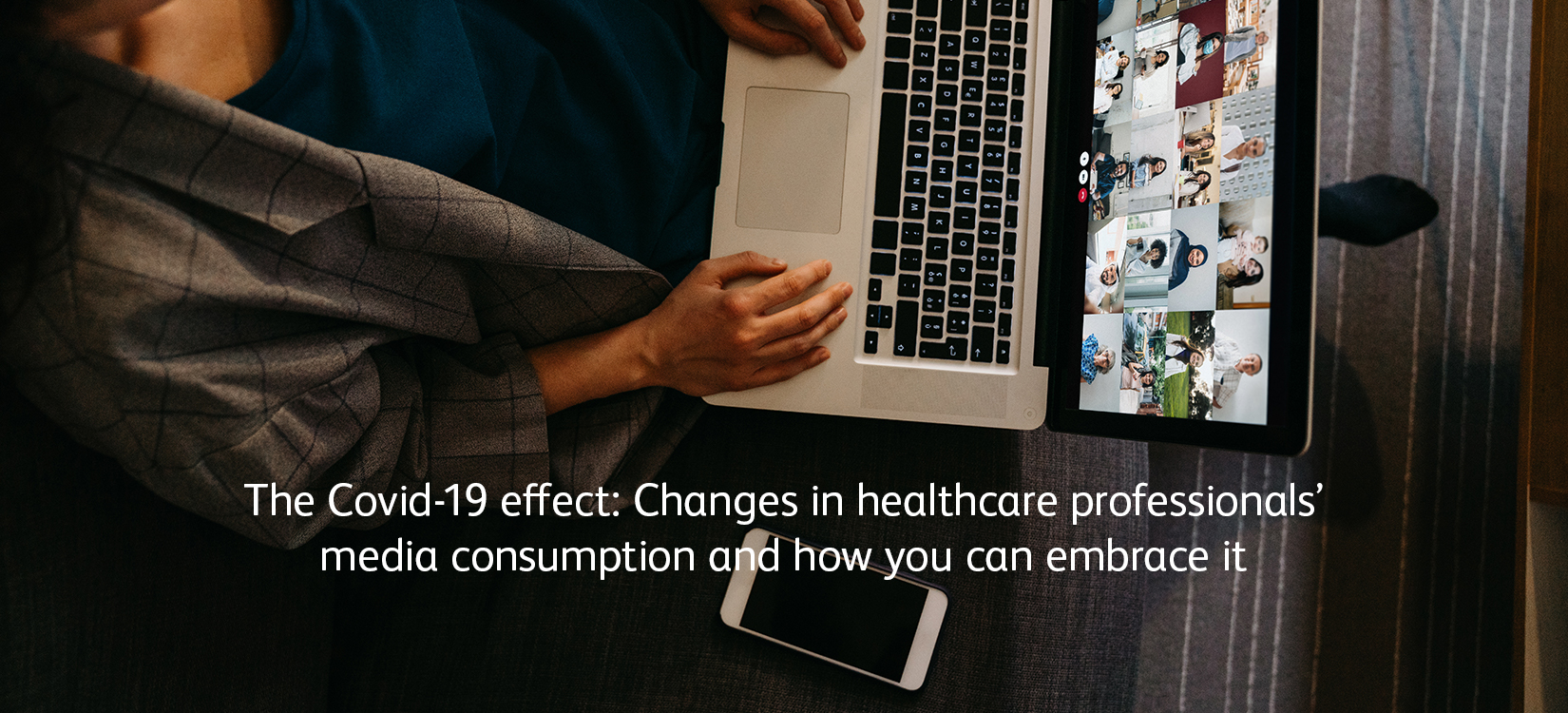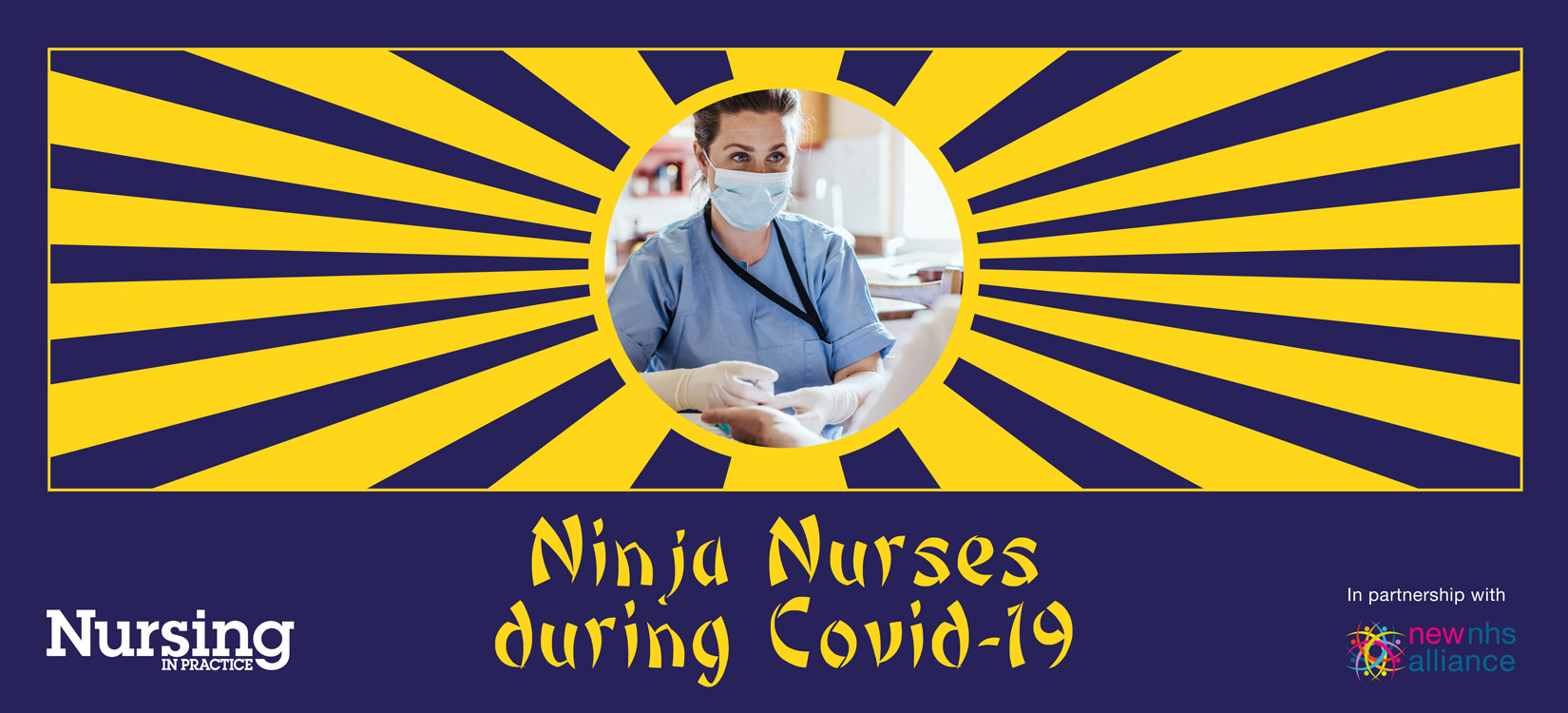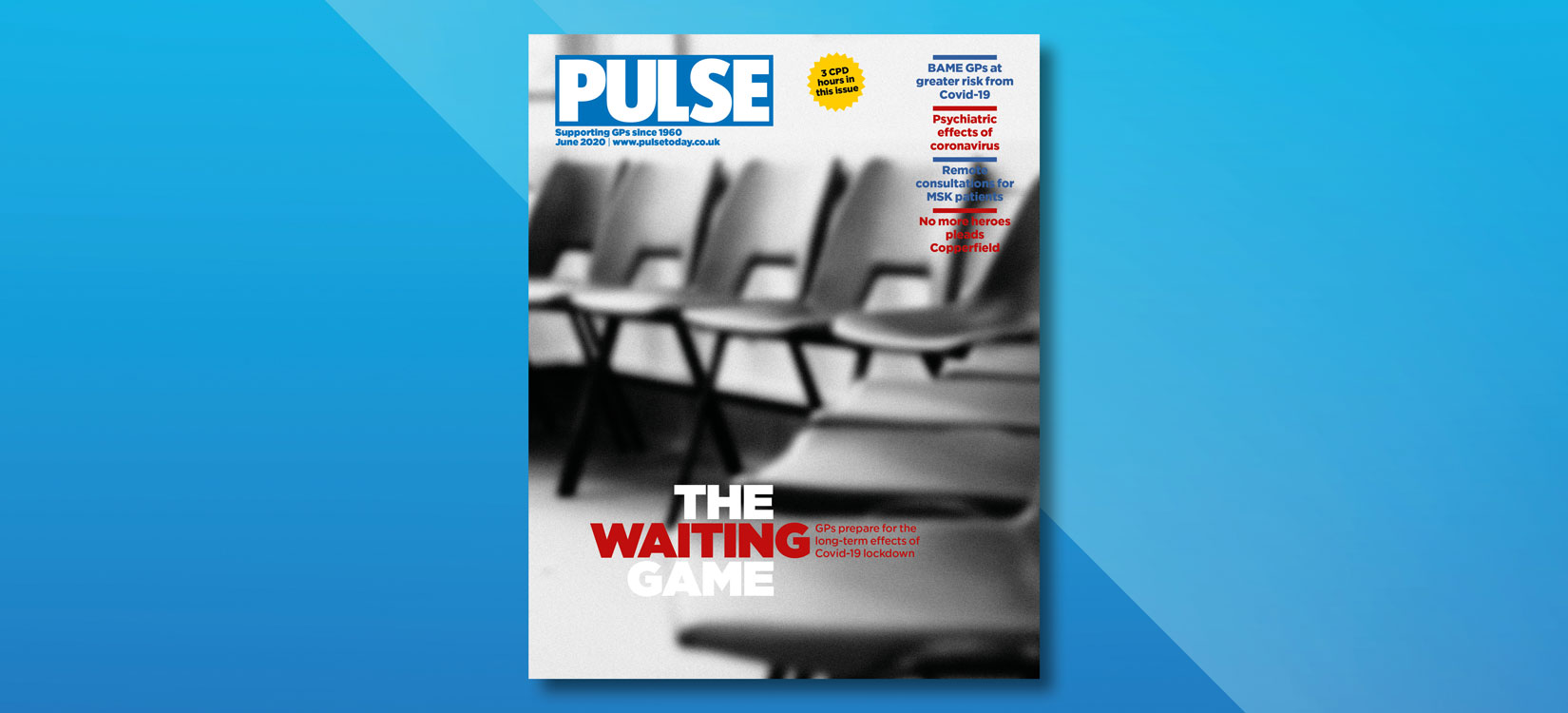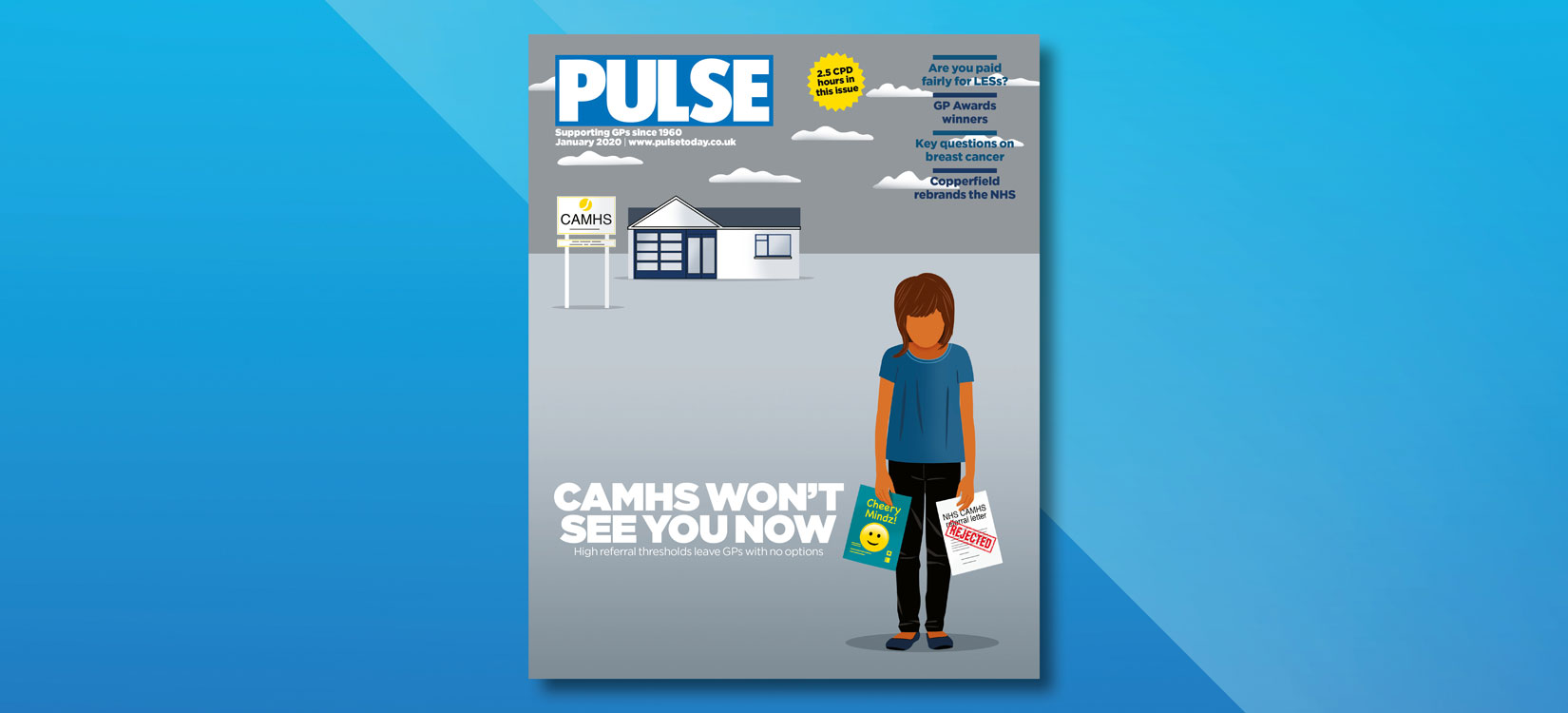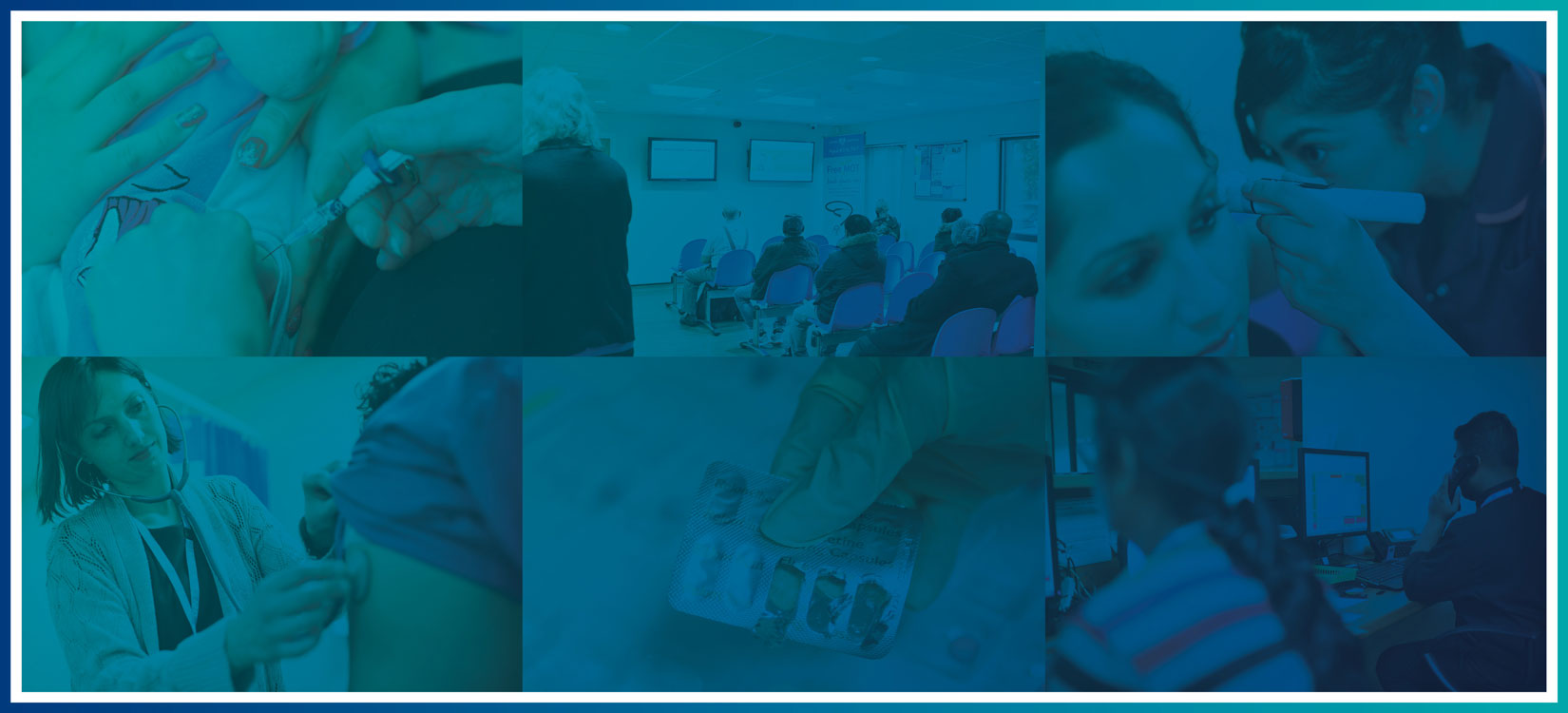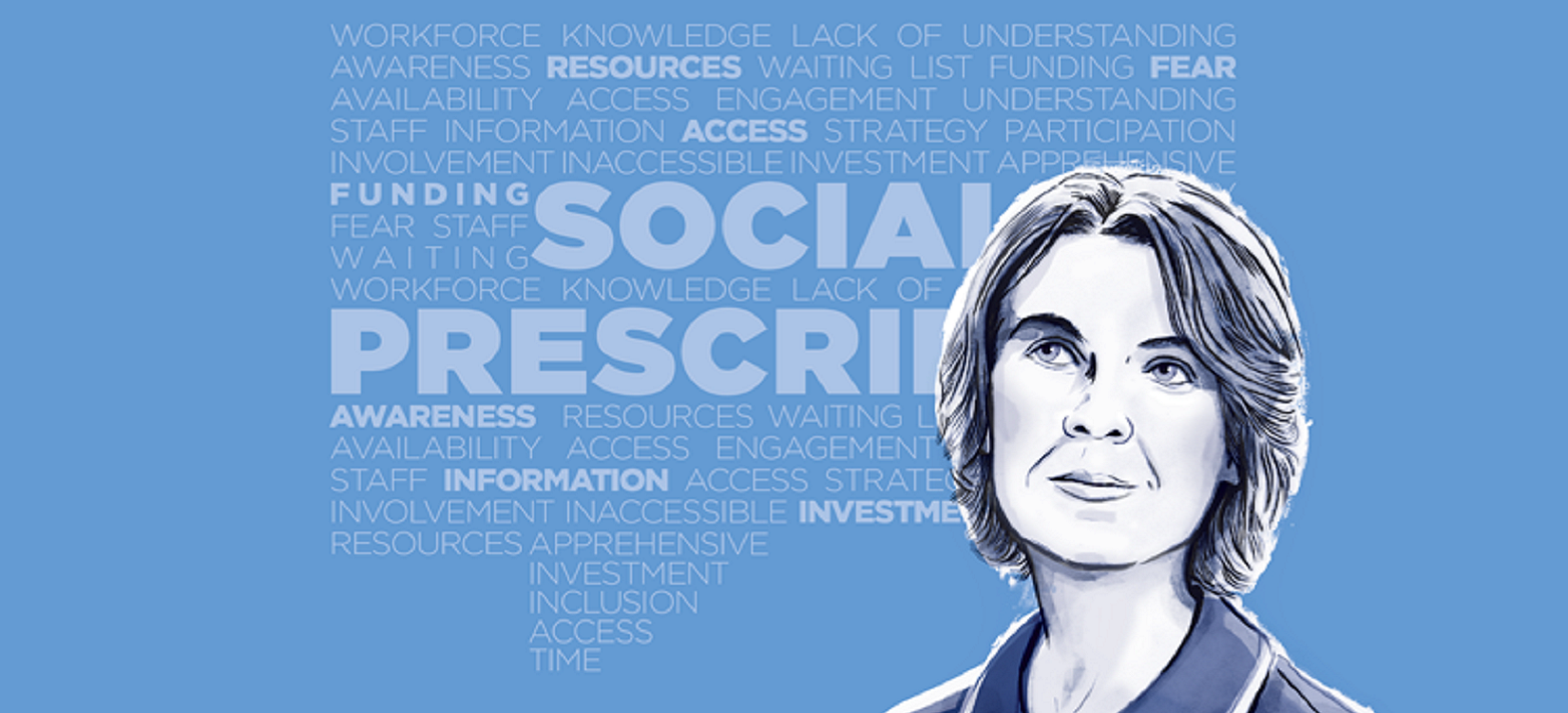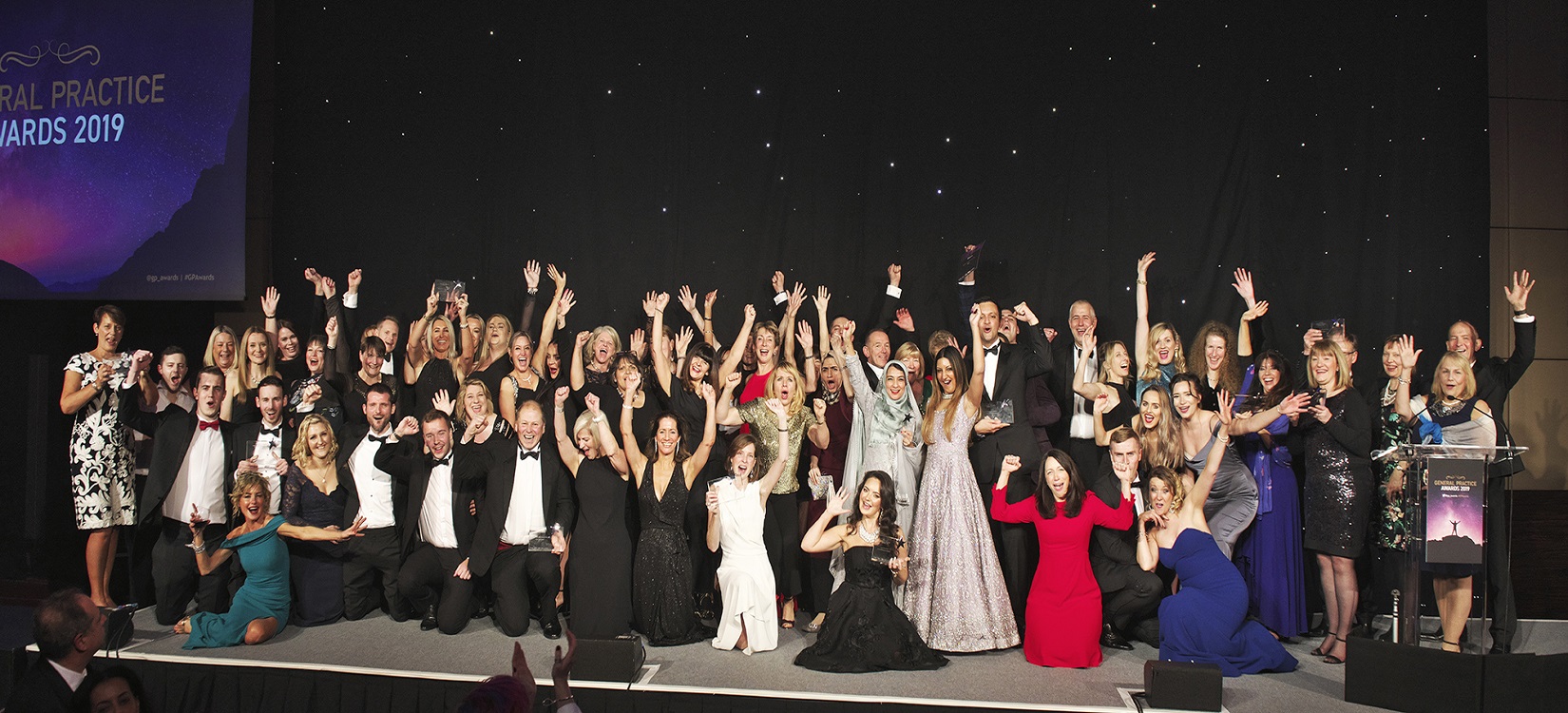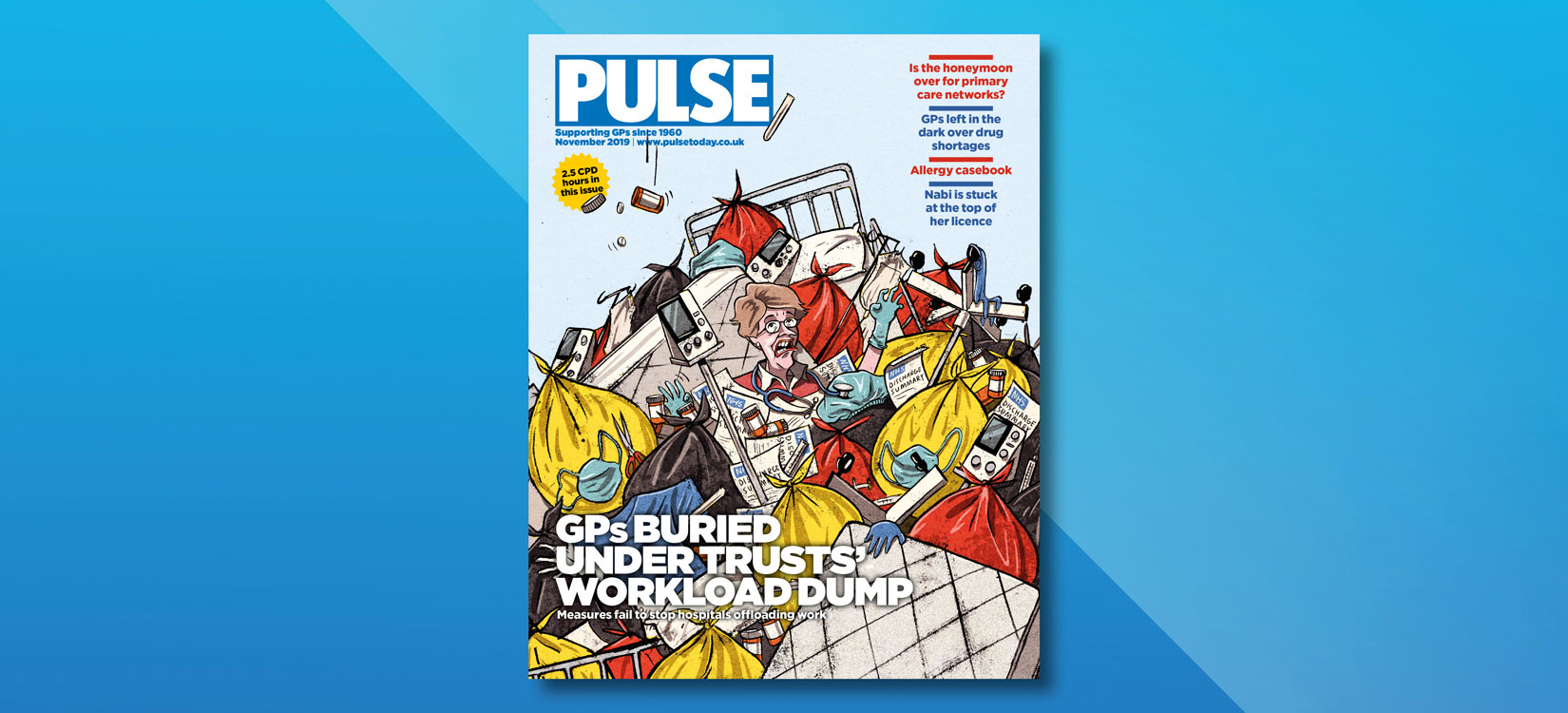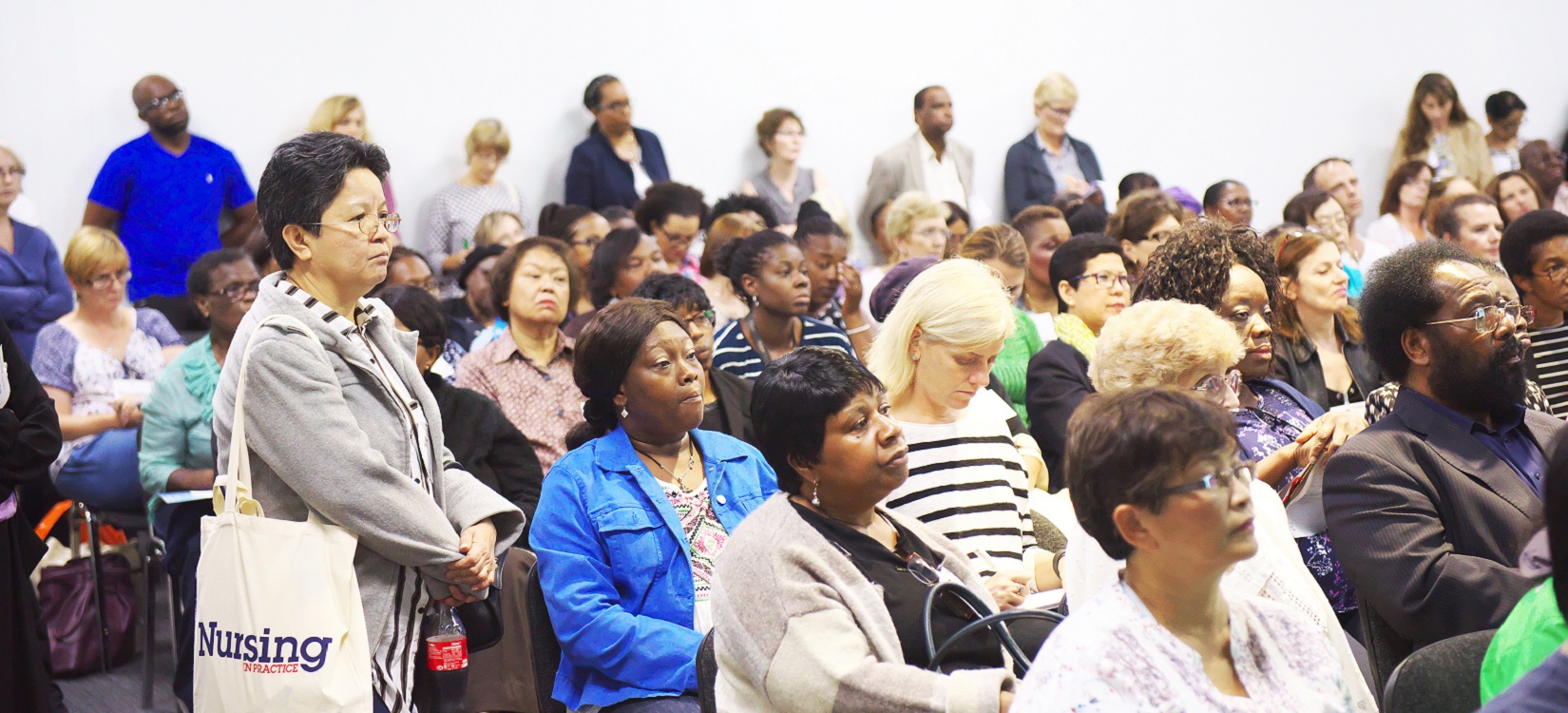On Friday 29th November the winners of this year’s General Practice Awards were announced at a glittering evening hosted by comedian and actress Kerry Godliman. Almost 650 healthcare and industry professionals attended the event where 20 trophies were awarded to teams and individuals from across the UK.
This included several new categories for 2019 to recognise the changing NHS landscape:
- The Extended Practice Team Member of the Year Award
- The Receptionist/Reception Team of the Year Award
- The Best Primary Care Network Newcomer 2019 (Sponsored by NHS England)
- The Primary Care Network of the Year 2019 (Sponsored by NHS England)
Our judges had an incredibly difficult time to mark the hundreds of entries we received, and in some cases, it was very close between the top two finalists. For these categories we awarded Highly Commended certificates as well as the main trophy.
Here are the 2019 winners:
Clinical Improvement Award: Chronic Conditions
Sponsored by: Vision
Winner: Primary Care Wellbeing Service
*Highly Commended certificates awarded to AT Medics; and The “Better Breath” Respiratory Team
Clinical Improvement Award: Mental Health
Winner: NHS Practitioner Health (GP Health)
Clinical Improvement Award: Public Health and Prevention
Winner: The Scale-Up BP Team
*Highly Commended certificate awarded to Dr Maggie Kirk and the HealthBus Team
Technology or Digital Solution Provider of the Year
Winner: X-on for Surgery Connect
Extended Practice Team Member of the Year
Winner: Debbie Cook, Care Coordinator, Fallodon Way Medical Centre
GP Trainee Rising Star of the Year
Sponsored by: Healius, supported by: Pulse
Winner: Dr Emma Ladds, GPST3 Academic Clinical Fellow, University of Oxford
*Highly Commended certificate awarded to Dr Kyle Stewart
Healthcare Leader of the Year
Supported by: Healthcare Leader
Winner: Virginia Patania, Transformation Lead, Tower Hamlets CCG and Jubilee Street Practice
Financial Services and Business Planning Award
Winner: IRIS Software Group
General Practitioner of the Year
Supported by: Pulse
Winner: Dr Farzana Hussain, GP Principal, The Project Surgery
GP Team of the Year
Winner: Darwen Healthcare Team
*Highly Commended certificate awarded to Thornton Practice Team
HCP Education Programme of the Year
Winner: The Primary Care Training Centre
Medical Supplier of the Year
Winner: PSUK
The Best Primary Care Network Newcomer
Sponsored by: NHS England
Winner: NeoHealth PCN, West London – Together we are Better
*Highly Commended certificate awarded to Jurassic Coast Primary Care Network
The Primary Care Network of the Year
Sponsored by: NHS England
Winner: Healthier Fleetwood Neighbourhood (Fleetwood Primary Care Network)
*Highly Commended certificate awarded to Chorley Central Primary Care Network
Pharmacist or Pharmacy Team of the Year
Winner: James Tibbs and A.R. Pharmacy
Practice Manager of the Year
Sponsored by: PSUK
Winner: Sarah Herdman, Business Manager, Chiswick Health Practice
*Highly Commended certificate awarded to Tracy Dell, Practice Manager, Plane Trees Group Practice
Practice Nursing Award
Winner: Darwen Healthcare Nursing Team
*Highly Commended certificates awarded to Emma Williamson, Angel Hill Surgery; and the Brownlow Health Nursing Team
Receptionist or Reception Team of the Year
Winner: Patient Care Advisors – Compass House Medical Centres
Staffing Agency of the Year
Winner: Menlo Park Recruitment
People’s Choice Award: Surgery of the Year – As voted for by the general public!
Winner: Milton Abbas Surgery
For a taste of the evening, take a look at our photo gallery online!
If you are interested in sponsoring the 2020 General Practice Awards or would like to nominate your company, team, or colleagues – please get in touch today: [email protected]
